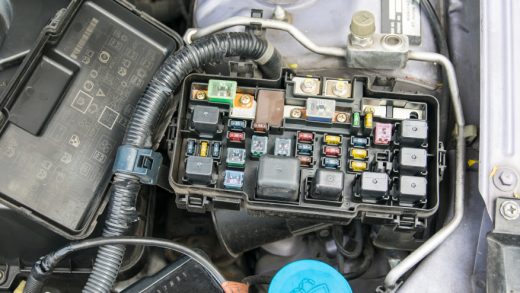When it comes to purchasing a used SUV, durability and longevity are crucial factors to consider. With a wide range of options available in the market, it can be challenging to determine which used SUV will stand the test of time. In this comprehensive guide, we will explore the top contenders and provide you with valuable insights to help you make an informed decision. From reliability ratings to maintenance costs, we’ll delve into the key factors that contribute to the longevity of used SUVs.
1. Reliability Ratings:
Reliability is a key indicator of how long a used SUV is likely to last. To assess this, we can turn to various sources such as consumer reports, industry studies, and manufacturer data. These ratings take into account factors like engine performance, transmission reliability, electrical systems, and overall build quality. By analyzing these ratings, we can identify the SUV models that have consistently demonstrated exceptional reliability over time.
2. Maintenance and Repair Costs:
Another crucial aspect to consider is the long-term cost of maintaining and repairing a used SUV. Some models may have higher maintenance costs due to expensive parts or specialized servicing requirements. It’s important to research and compare the average maintenance and repair costs for different SUV models. Additionally, considering the availability and affordability of spare parts can significantly impact the overall cost of ownership.
3. Mileage and Usage:
The mileage and usage history of a used SUV can provide valuable insights into its potential longevity. Generally, lower mileage vehicles tend to have less wear and tear on critical components, increasing their lifespan. However, it’s essential to consider the type of usage as well. An SUV primarily used for highway driving may experience less strain on its mechanical components compared to one used for off-roading or towing heavy loads. Understanding the previous owner’s driving habits and maintenance records can help gauge the SUV’s overall condition and potential longevity.
4. Brand Reputation and Model-Specific Factors:
Certain SUV brands have established a reputation for producing vehicles with exceptional longevity. Researching the track record of different brands and their specific models can provide valuable insights. Factors such as the quality of materials used, engineering innovations, and technological advancements can contribute to the overall durability and longevity of an SUV. Additionally, investigating any known model-specific issues or recalls can help you make an informed decision.
5. Regular Maintenance and Care:
While the inherent design and build quality of an SUV play a significant role in its longevity, regular maintenance and care are equally important. Following the manufacturer’s recommended maintenance schedule, including oil changes, fluid replacements, and inspections, can help prolong the lifespan of any used SUV. Additionally, proper care, such as regular cleaning, rust prevention, and addressing minor issues promptly, can prevent small problems from escalating into major repairs.
Conclusion:
Choosing a used SUV that lasts the longest requires careful consideration of various factors. Reliability ratings, maintenance and repair costs, mileage and usage history, brand reputation, and regular maintenance all contribute to the overall longevity of a vehicle. By conducting thorough research and considering these key factors, you can make an informed decision and find a used SUV that will serve you well for years to come.


